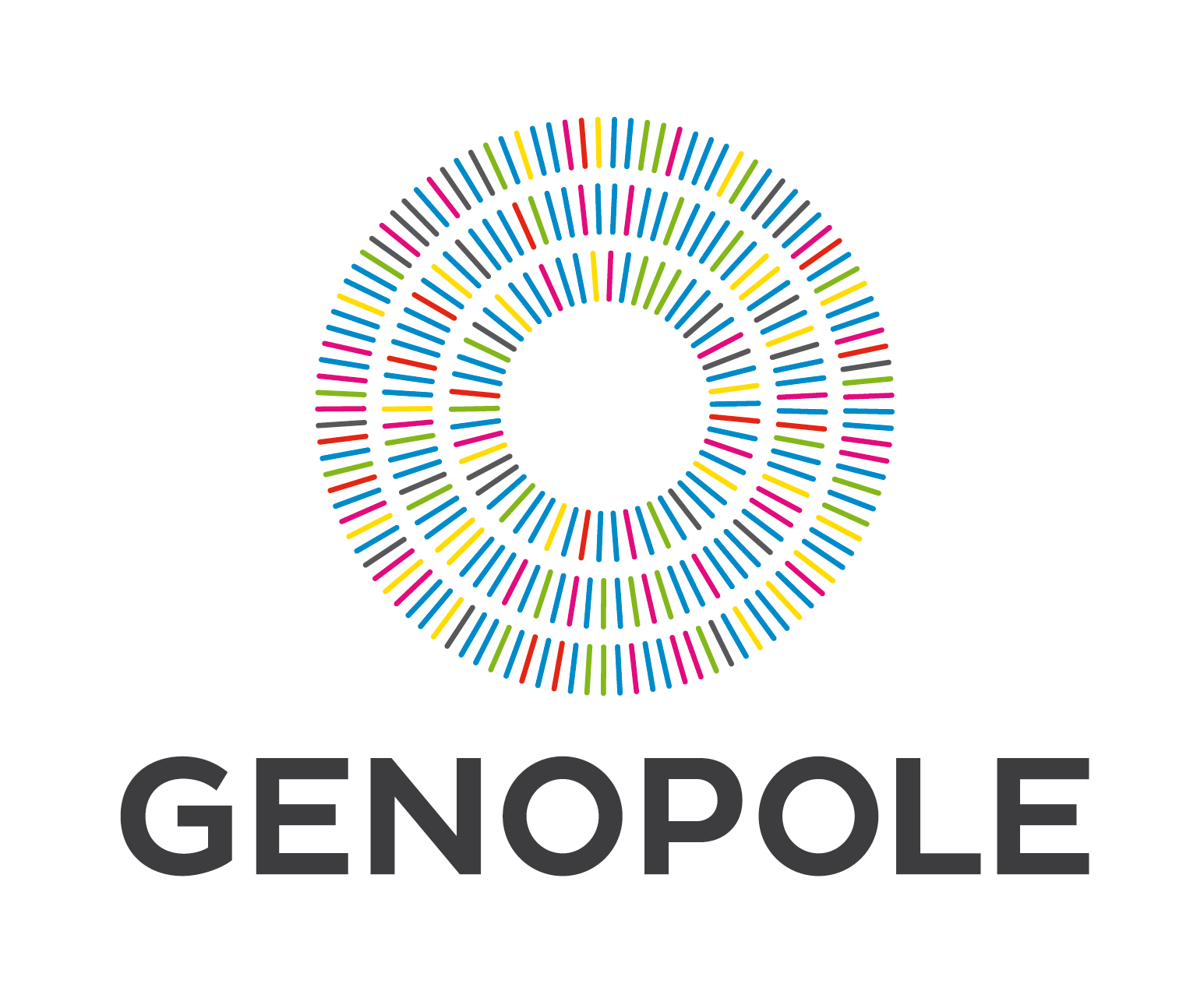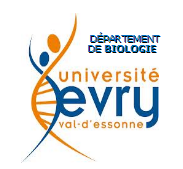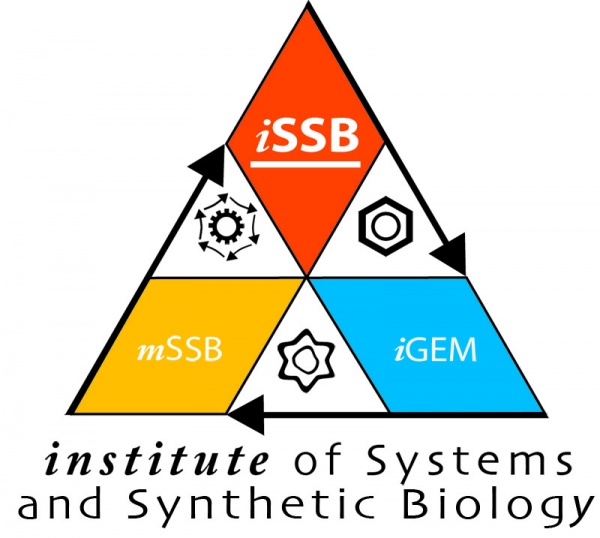Team:Evry/Protocols/11
From 2013.igem.org
(Difference between revisions)
| Line 20: | Line 20: | ||
Add 1:1 volume of Binding Buffer to completed PCR mixture (e.g. if you have 100 µL of reaction mixture, add 100 µL of Binding Buffer). | Add 1:1 volume of Binding Buffer to completed PCR mixture (e.g. if you have 100 µL of reaction mixture, add 100 µL of Binding Buffer). | ||
Mix thoroughly and check the solution's color: a yellow color color indicates an optimal pH for DNA binding. | Mix thoroughly and check the solution's color: a yellow color color indicates an optimal pH for DNA binding. | ||
| - | <br><br></p> | + | <br>If the color of the solution is orange or violet, add 10 µL of 3 M sodium acetate, pH 5,2 and mix. The color will become yellow.<br> |
| + | If the DNA fragment is superior to 500 bp, add a 1:2 volume of 100% isopropanol (e.g. if you have 100 µL of PCR mixture combined with 100 µL <i>(total amount of 200 µL)</i>, add 100 µL isopropanol)</p> | ||
Revision as of 15:08, 30 August 2013
PCR Purification
Goal
The aim of the PCRpurification step is to recover DNA from PCR and other enzymatic reacti mixtures.
Preparation
Protocol adapted from Thermo Scientific PCR Purification notebook1.
Add 1:1 volume of Binding Buffer to completed PCR mixture (e.g. if you have 100 µL of reaction mixture, add 100 µL of Binding Buffer).
Mix thoroughly and check the solution's color: a yellow color color indicates an optimal pH for DNA binding.
If the color of the solution is orange or violet, add 10 µL of 3 M sodium acetate, pH 5,2 and mix. The color will become yellow.
If the DNA fragment is superior to 500 bp, add a 1:2 volume of 100% isopropanol (e.g. if you have 100 µL of PCR mixture combined with 100 µL (total amount of 200 µL), add 100 µL isopropanol)
2.
3.
4.
5.
6.
7.
8.
Test
 "
"













